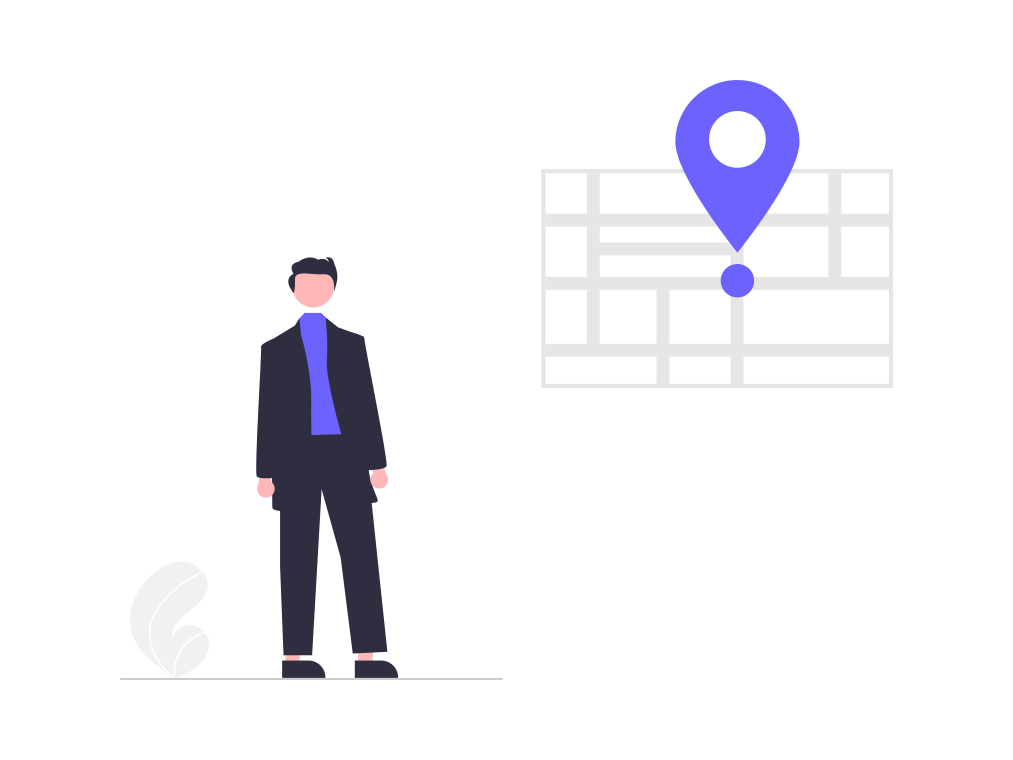
Data scraping in location intelligence involves collecting, analyzing, and utilizing geospatial data from various sources to gain insights into location-related patterns, trends, and behaviors. Location intelligence, also known as spatial intelligence or geospatial intelligence, is crucial for businesses and organizations to make informed decisions based on geographic information. Here are some key aspects of data scraping in location intelligence: Geocoding and Address Parsing: Data scraping can be used to collect addresses and location-related data from websites and databases. Geocoding techniques then convert these addresses into latitude and longitude coordinates, enabling spatial analysis. Points of Interest (POI) Data: Scraping data from online directories, review websites, and mapping platforms allows businesses to collect information about points of interest, such as restaurants, stores, tourist attractions, and other amenities, in specific locations. Real Estate and Property Data: Data scraping can be employed to gather real estate listings, property details, and housing prices from various sources to analyze the real estate market and make location-based investment decisions. Traffic and Transportation Information: Scraping data from traffic APIs, public transportation websites, and GPS tracking platforms provides valuable insights into traffic patterns, commute times, and public transportation availability. Weather Data: Data scraping can be used to collect real-time weather data, which is essential for location-based planning and decision-making, such as optimizing routes for delivery services or predicting customer behavior during weather events. Competitor Analysis: Scraping location-based data about competitors' store locations, customer reviews, and market coverage allows businesses to conduct comprehensive competitor analysis and make location-based strategic decisions. Social Media and Location Tags: Data scraping from social media platforms can gather location-tagged posts and check-ins, providing valuable information about consumer behavior and preferences in specific areas. Environmental Data: Scraping environmental data, such as air quality indexes and pollution levels, is crucial for businesses that need to consider environmental factors when making location-based decisions. Site Selection and Expansion: Using data scraping, businesses can gather data on potential new locations, market demographics, and competitor presence to inform site selection and expansion strategies. Local Events and Activities: Data scraping can help identify local events, festivals, and activities, which can be valuable for businesses in the tourism, hospitality, and entertainment industries.
Get Access To Most Accurate and Comprehensive Contact Database